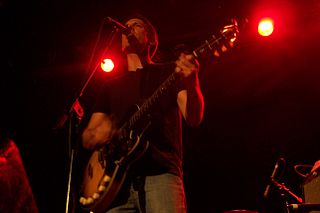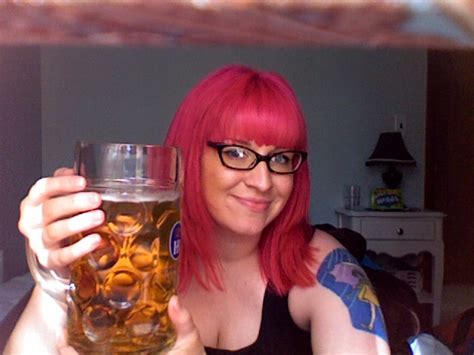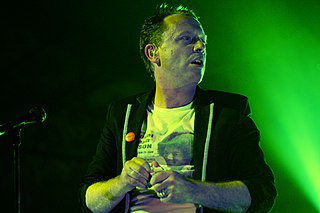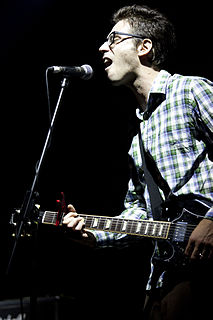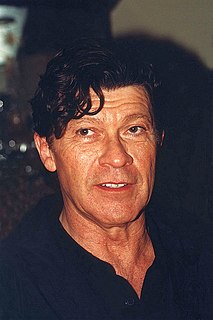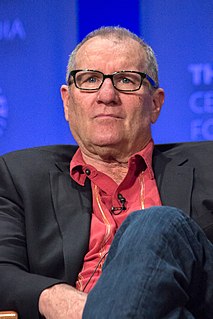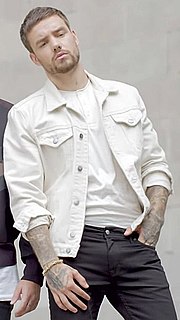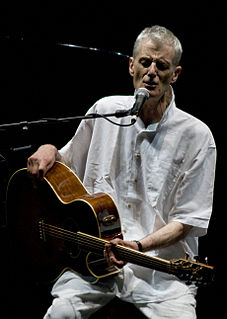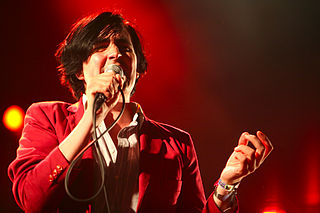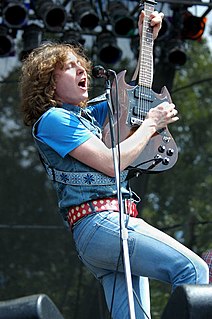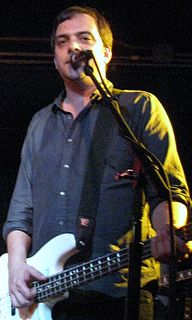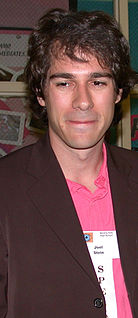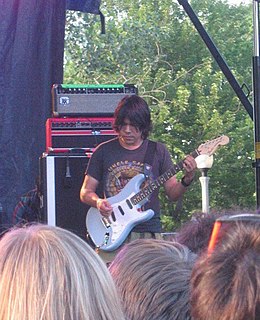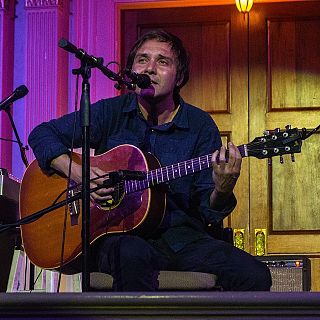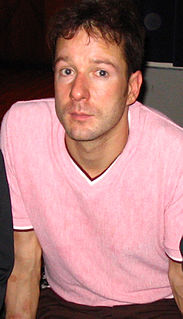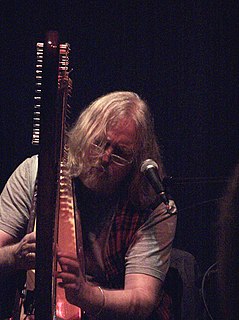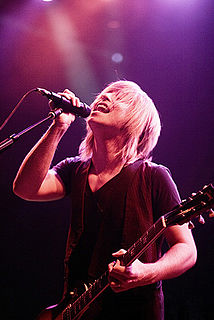A Quote by Jonathan Meiburg
The only problem with Shearwater as a name for a band is that people sort of think that it's this amalgamated word like Pushmonkey or something. Doesn't have an actual...you know, like Clearwater or Stillwater, they don't realize that it actually is a thing. It seemed like such a beautiful word, I was so suprised that no body had named their band that.
Related Quotes
I like to look up the formal definitions of words that I'm already familiar with and sometimes you find out a word means something you didn't already think of, you know? I looked up the definition of "upset" and it was something like, "To be filled with uneasiness and anxiety," and I feel like that all the time, so I was like, "That's appropriate." But also it's a name that when you hear it, you wouldn't assume that it's any certain type of band. It kind of has room to grow into and make it redefine the word.
When I was quite young I fondly imagined that all foreign languages were codes for English. I thought that "hat," say, was the real and actual name of the thing, but that people in other countries, who obstinately persisted in speaking the code of their forefathers, might use the word "ibu," say, to designate not merely the concept hat, but the English word "hat." I knew only one foreign word, "oui," and since it had three letters as did the word for which it was a code, it seemed, touchingly enough, to confirm my theory.
I was like, "This is a new thing that the gay people have decided? That's the gayest thing I've ever heard in my life." You can't do that. You can't decide that a word is forbidden now collectively amongst your group of human beings, that the word is a slanderous evil nasty word about homosexuals. It's not, the word doesn't mean that. And sometimes it's a good word to use in comedy. That's what your friend has to realize when he's at a bar just yelling out the word.
My dream right now is - and I don't know how to do it, and I don't know if it will work exactly - but just this sort of vague aspiration to start some kind of website where people send in their stories or poems, and me or perhaps some other people turn that into music. And then by the end of the year we make a record and actually put it out. Like a band, but the band is actually a combination of the musician and the fan. I think that's a very 21st-century way of doing it.
One of the greatest live recordings, I think, in the history of the world is Ray Charles in Atlanta... And they didn't even have a big mobile recording thing set up. The word on the street was they only had like two microphones, one for the band and one for him. Perfect recordings. I think it's mono.
I used to say things like, 'My name's not Al (Bundy), you know?' Not to the press, but to fans. 'My name is actually Ed.' I'd find myself saying that, and I'd think, 'Who do you think they think you are? They only know you from that!' And finally I just got...I don't know, I guess a switch went on for me, and I realized, 'This was the greatest job that you've ever had in your life. Why are you acting like an asshole?' So from that minute on, I kind of...well, I hate the word 'embraced,' but I just kind of went, 'Yeah, okay.' 'So you're Al, right?' 'Yep!'
I'm seeing myself as an outsider a little bit - definitely when I started the band. I knew what band's name meant and nobody else really did, so I'd be on stage every night and say, "Hello, we're Art Brut" - basically saying that we were rejects. But I mean, I didn't really sing, it did feel a bit like we were outsiders. It was a bit tongue-in-cheek when I first named the band that, but then we slowly turned into that - like a self-fulfilling prophecy.
I've been on a real Credence Clearwater kick. I've been collecting their albums on CD -- right now I really like 'I Put a Spell on You.' I don't know who actually wrote it; it might be a traditional, or like, an old blues song, I haven't looked in the liner notes, but it's the first song on their first album. I love all the hits; I mean @#$%&, I like every one of them. I think my favorite song by John Fogerty is 'Have You Ever Seen the Rain?' They're my favorite American band of all time, totally.
I do not want and will not take a royalty on any record I record. I think paying a royalty to a producer or engineer is ethically indefensible. The band write the songs. The band play the music. It's the band's fans who buy the records. The band is responsible for whether it's a great record or a horrible record. Royalties belong to the band. I would like to be paid like a plumber. I do the job and you pay me what it's worth.
I think ultimately what you really want is a few people within any label that are into the band enough to really work on it every day for a long time and to actually try a little bit. But obviously, the major labels have more money to spend, so if they feel like spending it, they have bigger resources there when you need them. It doesn't always necessarily translate into them doing a better job for a band, but I think especially if you're playing the game of commercial radio and making videos and stuff like that, that's sort of an expensive proposition.
I don't know if it was related to the type of music that we were doing at that time or what, but Todd Cook actually just turned to me and was like, "You know what would be a great name for a metal band? Dead Child." We talked half-jokingly that we were going to do a band. I guess as time went on, I started writing songs that were more metal sounding, and it just evolved from there. It actually started with the name first, and then the songs came second.
